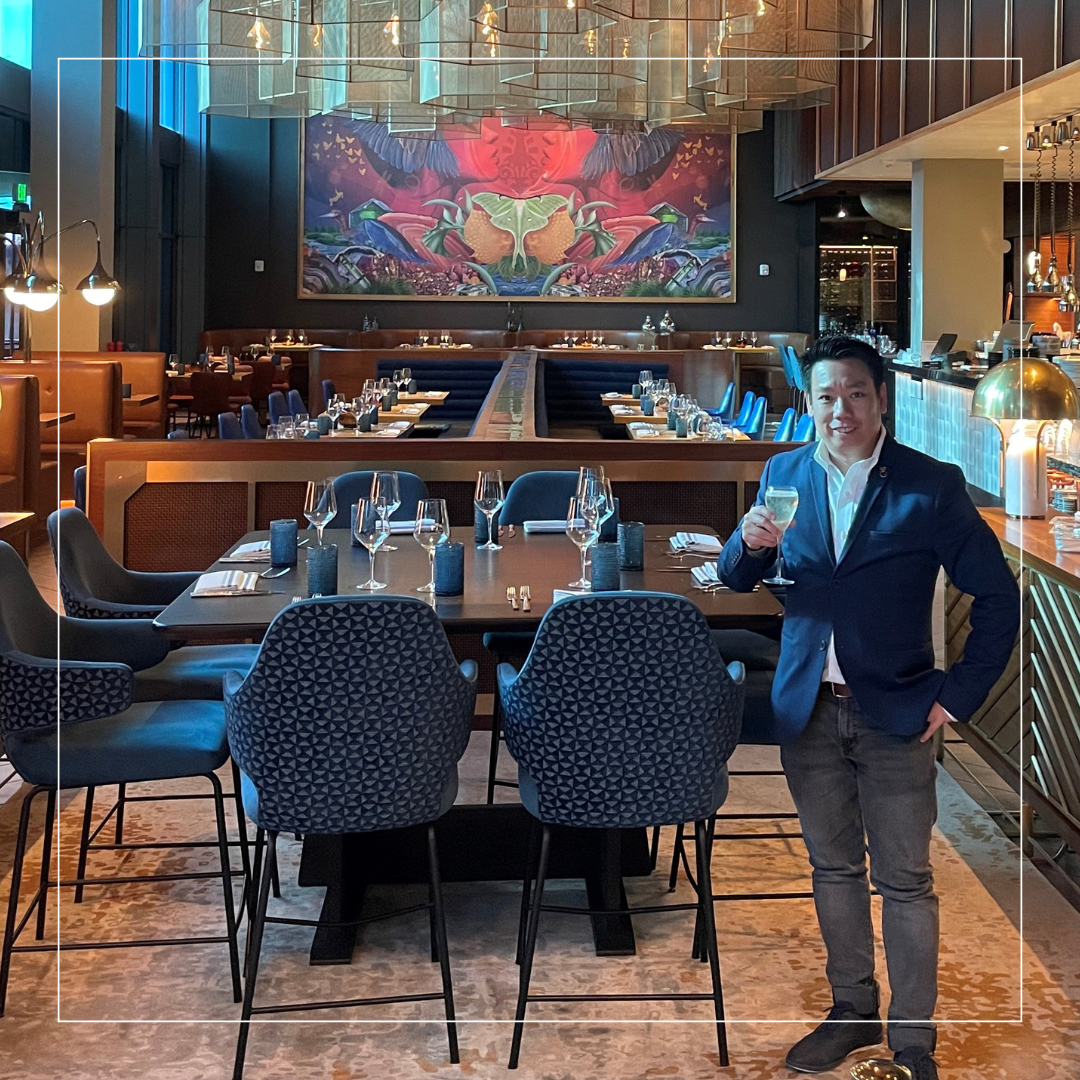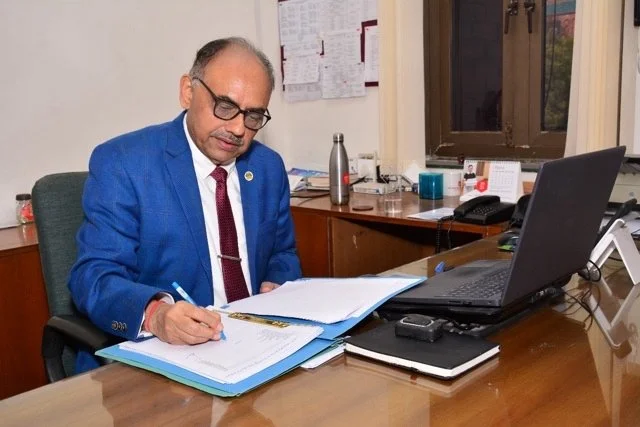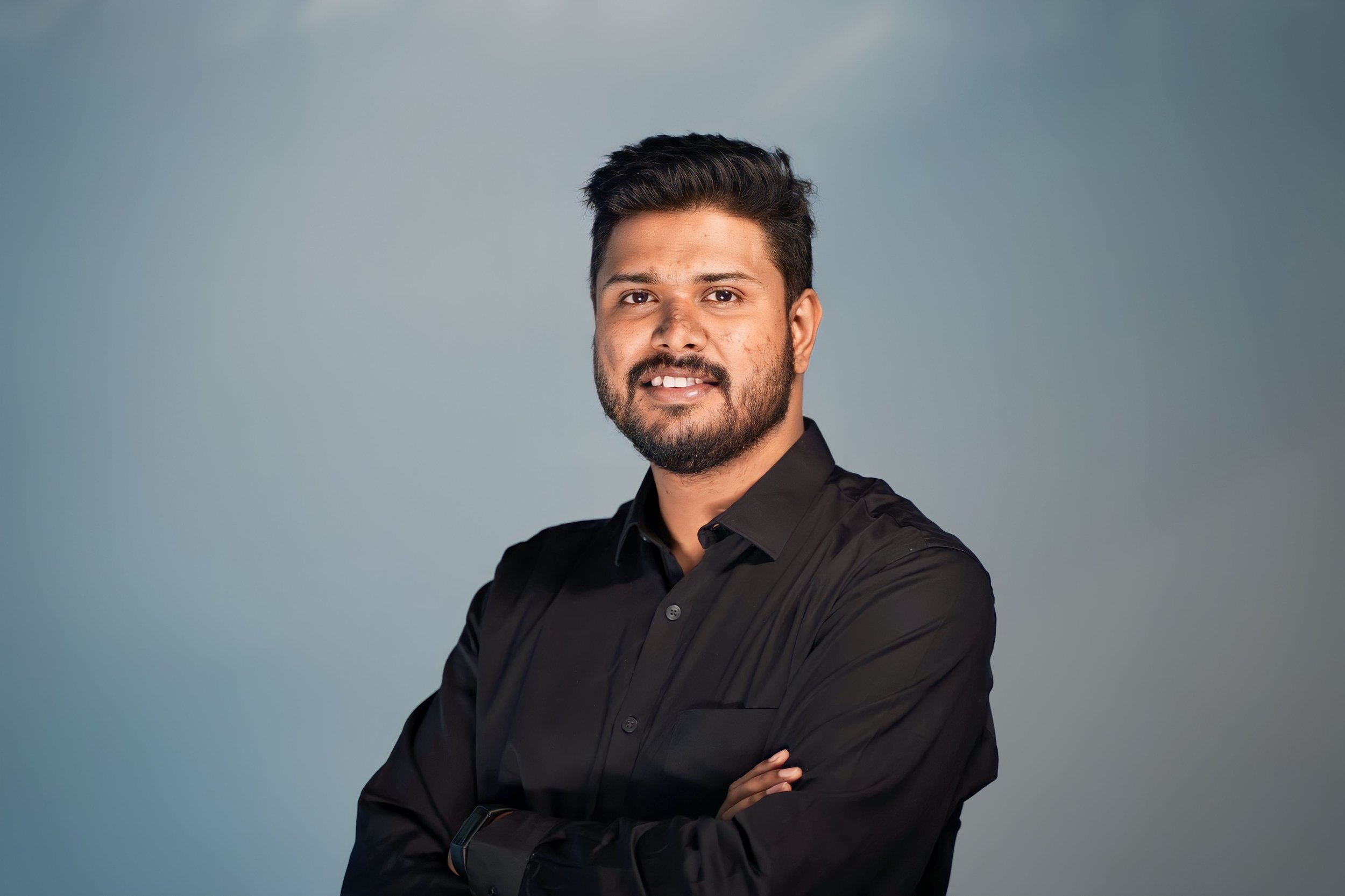Exclusive Interview | San Antonian Trinh Quan Huy-Philip, Corporate Director of Food and Beverage @La Business Card Hospitality in Miami
/“Welcome is not just a word, it’s our philosophy!”
Editor: Tell us about your journey. How did it all start?
I got my first taste of the hospitality industry when I drop off the university and worked as a server at Chu Bar in Saigon-Vietnam. Luckily, I have met the Hotel GM – Mr. Philip T.S. Low who became my mentor in the field. I then moved to the Sedona Suites and started building up my future career in the F&B field operations. With an illustrious experience for over 20 years in the industry, I have held leadership positions and worked with several hotels including Park Hyatt Saigon.
Pre-Opening team has been an integral part of me and it has not only added learning but a different perspective to see a construction site turning into reality. I was fascinated by the whole atmosphere and lifestyle. That’s when I really got hooked and decided to pursue my journey further across the globe. I could also see the opportunities to travel the world and work in exciting locations. And so, I did! From Vietnam to Singapore, Thailand, Myanmar for an Asia part. Then Holland, Belgium, France and Germany on the European side. Not to mention the countless countries I have visited in between for business purposes.
Currently I’m living in the United States as US citizen as my journey incredibly rewarded. It’s not end up my journey, but from now on, my journey has just begun!
Editor: What do you think it takes to succeed in this industry?
When it comes into the Hospitality Industry then it’s all about C.A.R.E, just be simple like you care for yourself as well as you care for your guests. In the meantime, C.A.R.E would be great to spread further into 4 keys: Customers Focus, Appreciate things surrounding, Responsible on what you do & Excellent with your performance as always. As soon as you CARE for people, that’s how we can exploring creative new ideas to determine how we may elevate yesterday to a better tomorrow. It’s truly a great way forward and the message that I would love to carry in mind on each and every single day in my hotelier career.
Editor: What are the attributes you look for while selecting or hiring?
When it comes into selecting people through the hiring process; it's my A.S.K method that I apply fairly to each and everyone. Of course, you can ask from my side, as well as I may ask about your side. What does A.S.K mean? It's all about the Attitude, Skills & Knowledge.
I wouldn't look into someone who has bad attitude while their skills & knowledge even at the top, because it's not healthy for my team. But I would rather have someone who lack of skills and even knowledge but great attitude so that I can train them perfection.
Being integrity as well as a can-do attitude is something that I’m looking for when hiring my team. Someone who is results-oriented, not just task-oriented, and is passionate and enthusiastic about what they do overall. Qualifications as well as experience are important and make a good foundation for a career, however, an enthusiastic, motivated, and fervent candidate will always stand out to me.
Editor: What advice would you give to a young, aspiring hotelier for their internship?
Back to the basics with our hospitality industry, always remember “Welcome is not just a word, it’s our philosophy!”. Let’s have a look since the moment a guest walks into our hotel and check-in. The person will then go up to the room and might enjoy our F&B outlets or using other facilities until that person check-out and leave the hotel. I called it the Service Charter and break it down into each part to ensure all my team members know their part as well as their contribution is the key for having success of the hold hotel.
To be frank, my job is not all about inspiring someone but coaching one-on-one at the same time as well. And that’s why I came up with the 5L-Model for the next generations during their internship with us.
Listen – The act of listening is the foundation of leadership. We have to understand people, situations, and issues before we can lead. That understand begins with listening. We have to drop our tendency to advocate for our own beliefs and seek to understand the beliefs and actions of others. Only when we understand we can effectively take action.
Look – You probably can’t get into the job on your own without having people to help you. There will things that aren’t your strength, so looking is not only with your opened-eye but it should be with your heart as well. And that’s how we always said attention to details as always.
Love – As soon as you love what you do then you can do it better for sure; otherwise, it never goes so long. I believe it’s all about your passion and the compassion that giving you the ability to do in a positive manner and allowing you to get things done perfectly.
Learn – Learning means change. If we believe that leadership and change are related, then we have to believe that learning is an important part of the leadership process. When you listen effectively, you will learn about things. Deeper knowledge leads to increased leadership credibility. No matter how you learn best, learning must be part of your leadership development.
Lead – It may seem redundant to use this as one of the five key words, but what it means is you have to do something. Especially with the next generations, all you have to do is leading them by example. If you’ve listened, looked, loved, and learned; you’ve be ready to do something and get things done to affect change. And using those five key words will increase your effectiveness as a future leader.
Hospitality is all about people-orientated industry; and the biggest challenge remains same through history is serving people. It’s evolving daily as every single guest is different, andit’s not just about the culture but also their needs and expectations as well. So, all you need to be extremely adaptable and creative, and anticipate their needs and interests.
Editor: What are some of the trends you see impacting the hospitality industry?
The term ‘trend’ describes a shift in behavior, or a more generalized situation change. With this in mind, hospitality trends may include changes in how customers behave, new ways of providing hospitality services, or general moves towards adopting new hospitality technology. A range of different factors typically influences trends.
For instance, the rise of technology like artificial intelligence has led to a trend where machine learning is used more regularly, and AI technology is deployed more frequently for customer service purposes. Meanwhile, virtual reality technology’s emergence has altered how many hospitality companies promote their products.
Often, wider global events can influence hospitality trends too. A good example of this can be seen with the COVID-19 pandemic, which forced hospitality businesses to focus more on hygiene, cleanliness, safety, and local markets. Similarly, climate change concerns have caused companies to focus on eco-friendly solutions.
And for the F&B side, many restaurants and establishments offering food have adapted to the COVID situation by increasing food and beverage deliveries, allowing customers to enjoy something akin to the restaurant experience at home. Often, this means accepting telephone and online orders, delivering quickly, and offering "Knock & Drop" contactless deliveries.
A key part of hospitality management in the COVID era is finding innovative new ways to impress customers. Regarding food and beverage delivery, bars are exploring ways to bring drinks to customers’ houses. Meanwhile, restaurants are increasingly offering extras, including candles, free food, or QR codes with Spotify playlists.
Of course, takeaways produce more waste, so use suitable packaging that can be ethically disposed of.
Editor: What is your favorite interview question and why?
I would love to ask someone “Where do you see yourself in three years and in ten years; and what are you planning to do to achieve these goals?” This indicates that the candidate has a vision and knows how to plan for it, just like the vision of the eagle. If he or she does not have a vision for their own life, I doubt they would not have a clear vision for their work.










